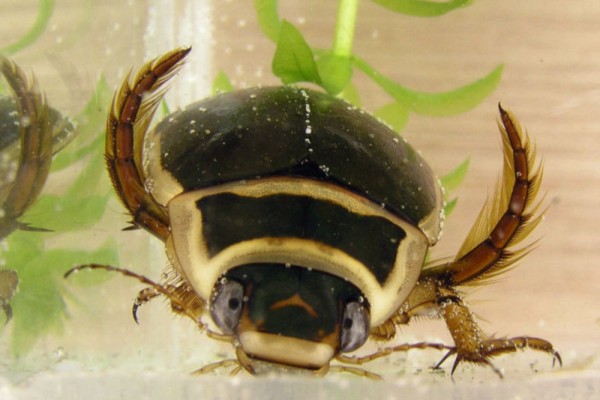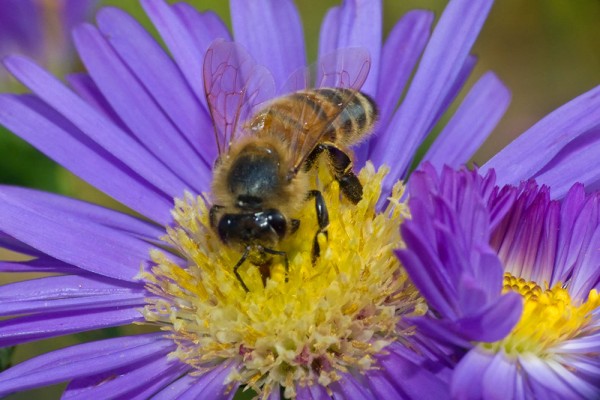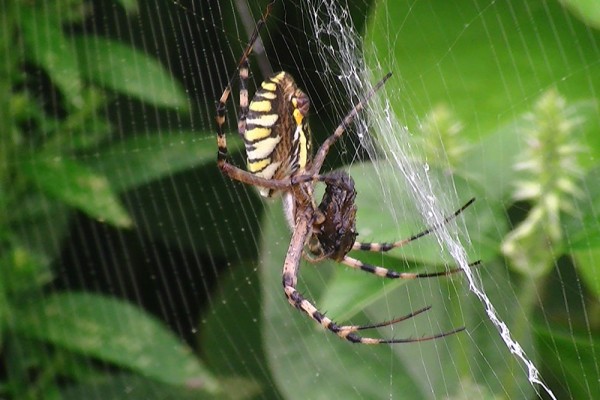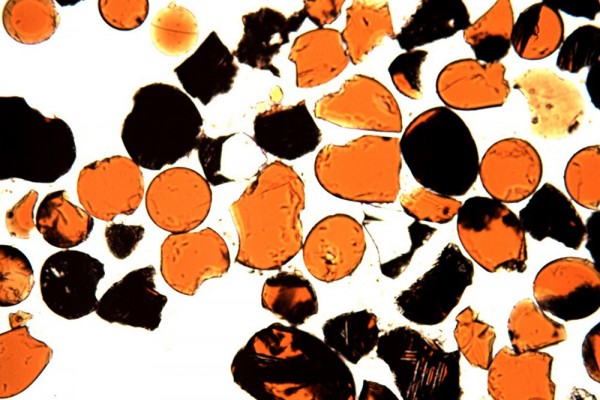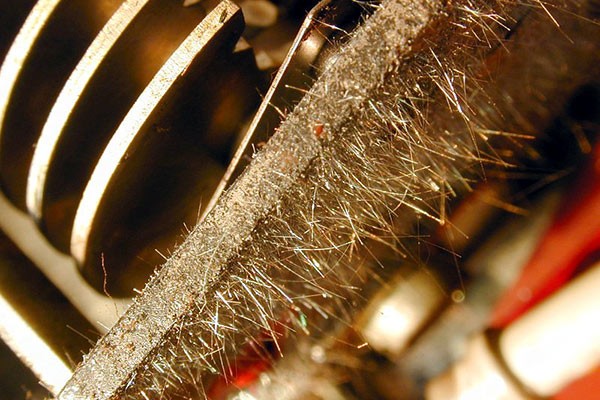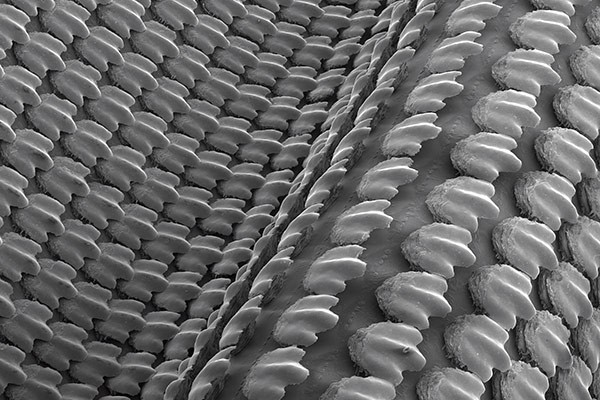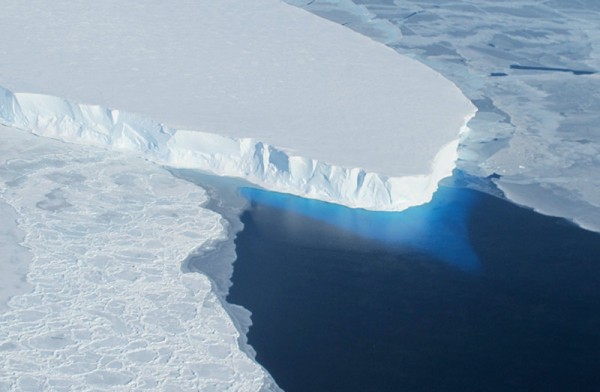
Court records reveal moment society became more civilized
Science, June 2014Trial transcripts from London’s oldest court, the Old Bailey, chronicle 239 years of criminal history ranging from scandalous murders to sheep theft. A research team wondered if these documents reflect Western society’s “civilizing process,” a centuries-long period when violence levels plummeted and the modern justice system took shape.
